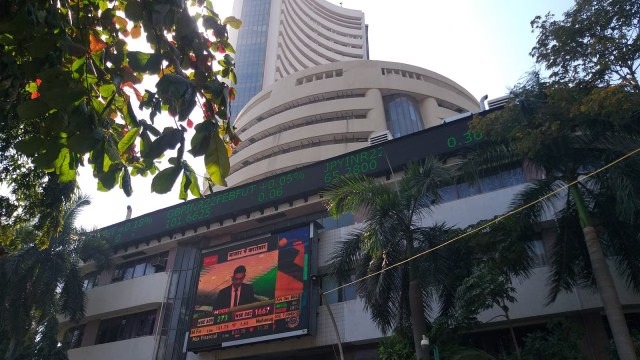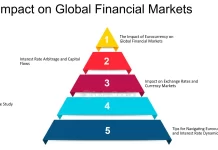Policymakers and regulators are becoming uneasy due to the rapid expansion of the Indian stock options market, which reached a record 85 billion trades last year and accounted for 84% of all equity option contracts traded in 2023. In addition to the increase in investment, policymakers are concerned about two things: first, the majority of traded equity-index options in India are short-dated, risky contracts; and second, retail investors now account for over 35% of all options trades, despite the fact that 9 out of 10 individual traders in the equity futures and options (F&O) segment are reported to have lost money.
Derivatives instruments like options, which were initially intended as a tool for risk hedging, have historically taken a backseat to stocks. For example, index options are typically used to place wagers, for a nominal charge, on the future direction of a benchmark index, like the NSE. When an equity-index option contract expires at a future date, the holder has the right to purchase the index at a certain price, known as the strike price.
The holder benefits if, at contract’s expiration, the index rises over the strike. If not, they forfeit the option’s cost, often known as the premium, which is typically a negligible sum. The issue is that shorter-dated contracts—clearly a favorite among Indian investors—generally carry greater risk. It gets worse because of the investment flows from the retail industry as well. Over 90% of all stock options transactions are handled by the NSE, which is where the majority of the action is centered.




























